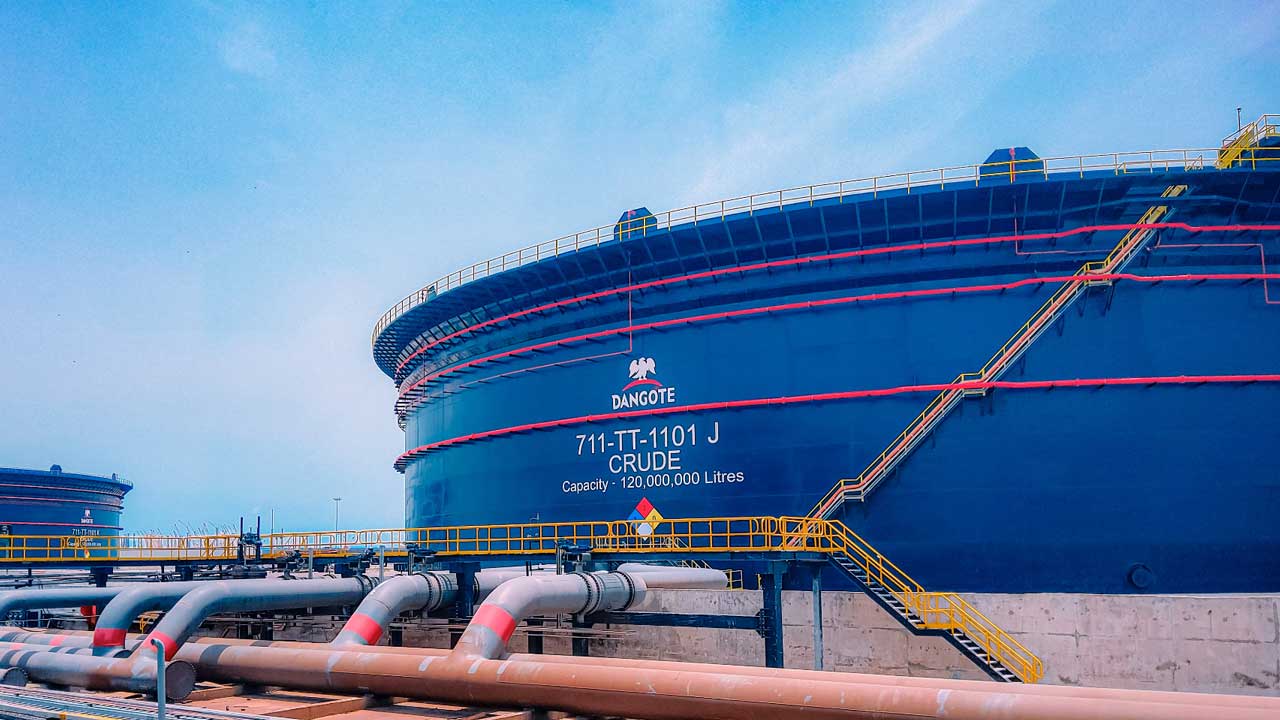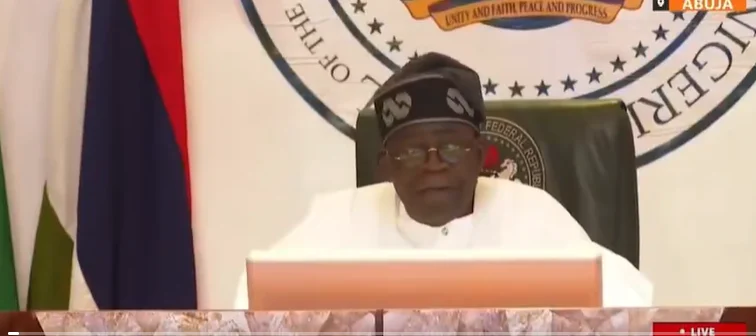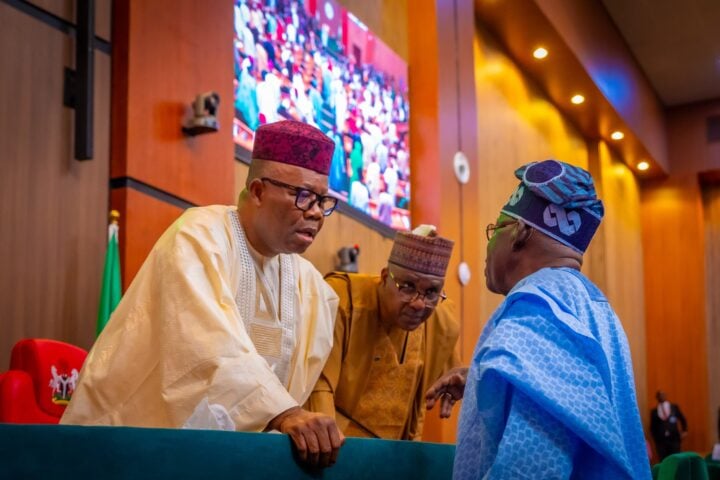Dangote Petroleum Refinery has strongly criticized the Depot and Petroleum Products Marketers Association of Nigeria (DAPPMAN) over their recent demand for a government-backed fuel subsidy. The refinery accused depot owners and marketers of attempting to pressure it and the federal government into endorsing what it describes as an “unjustifiable” subsidy that could cost Nigeria an estimated ₦1.505 trillion annually. At the heart of the dispute is a request from marketers that they be allowed to receive petroleum products from Dangote’s refinery and still sell at the same price as the refinery’s gantry rate, despite incurring additional transport and logistics costs. These extra costs include coastal freight charges, Nigerian Ports Authority (NPA) fees, levies from the Nigerian Maritime Administration and Safety Agency (NIMASA), and other handling expenses.
According to Dangote, marketers are effectively asking for ₦75 per litre in added compensation to cover these expenses—₦70 for freight and port-related costs, and another ₦5 for pumping the fuel into vessels. The refinery argues that, given Nigeria’s average daily consumption of 40 million litres of petrol and 15 million litres of diesel, this subsidy would amount to over ₦1.5 trillion per year. The company insists that such a demand is both financially reckless and reminiscent of the fuel subsidy abuses of previous administrations, which led to billions of naira in losses and widespread corruption in the petroleum sector. The refinery also said it has sufficient stock and production capacity, regularly producing and storing over 500 million litres of refined products monthly, which can meet both local and international demand.
In response, DAPPMAN has denied allegations of wrongdoing and smuggling raised by Dangote, describing the accusations as baseless and damaging to the reputation of legitimate marketers. The group insists that the costs they incur are genuine and must be factored into the pricing structure if the downstream sector is to function efficiently in a deregulated market. Depot owners argue that the Dangote refinery offers more favourable terms to foreign buyers while making local marketers shoulder avoidable logistical burdens. They claim that being restricted to lifting products only from the Dangote gantry puts them at a disadvantage, especially since coastal logistics are often the most viable option for marketers located far from the refinery’s location.
The dispute highlights the growing tension in Nigeria’s petroleum supply chain following the removal of fuel subsidies and the government’s push for a fully deregulated sector. Fuel prices remain volatile, and any disruption in supply or spike in depot prices could lead to further increases in pump prices across the country. Regulatory agencies are now under pressure to monitor pricing practices and supply movements more closely, especially as concerns over product diversion and profiteering continue to surface.
Dangote’s firm stance against any form of subsidy payments or price adjustments reinforces its commitment to operating within a transparent pricing system. The company has made it clear that marketers have the option to lift products directly from its facility at the stated gantry price, thereby avoiding the additional logistics costs. However, DAPPMAN maintains that unless these transportation expenses are addressed through some form of support or pricing structure, its members will be unable to remain competitive without passing the costs on to consumers.
This standoff could shape the future of Nigeria’s deregulated fuel market, with far-reaching implications for price stability, investor confidence, and the operational dynamics between private refiners and downstream marketers. As both parties hold their ground, industry stakeholders and government regulators may need to step in to facilitate dialogue and prevent a breakdown in supply that could hurt ordinary Nigerians the most.


















